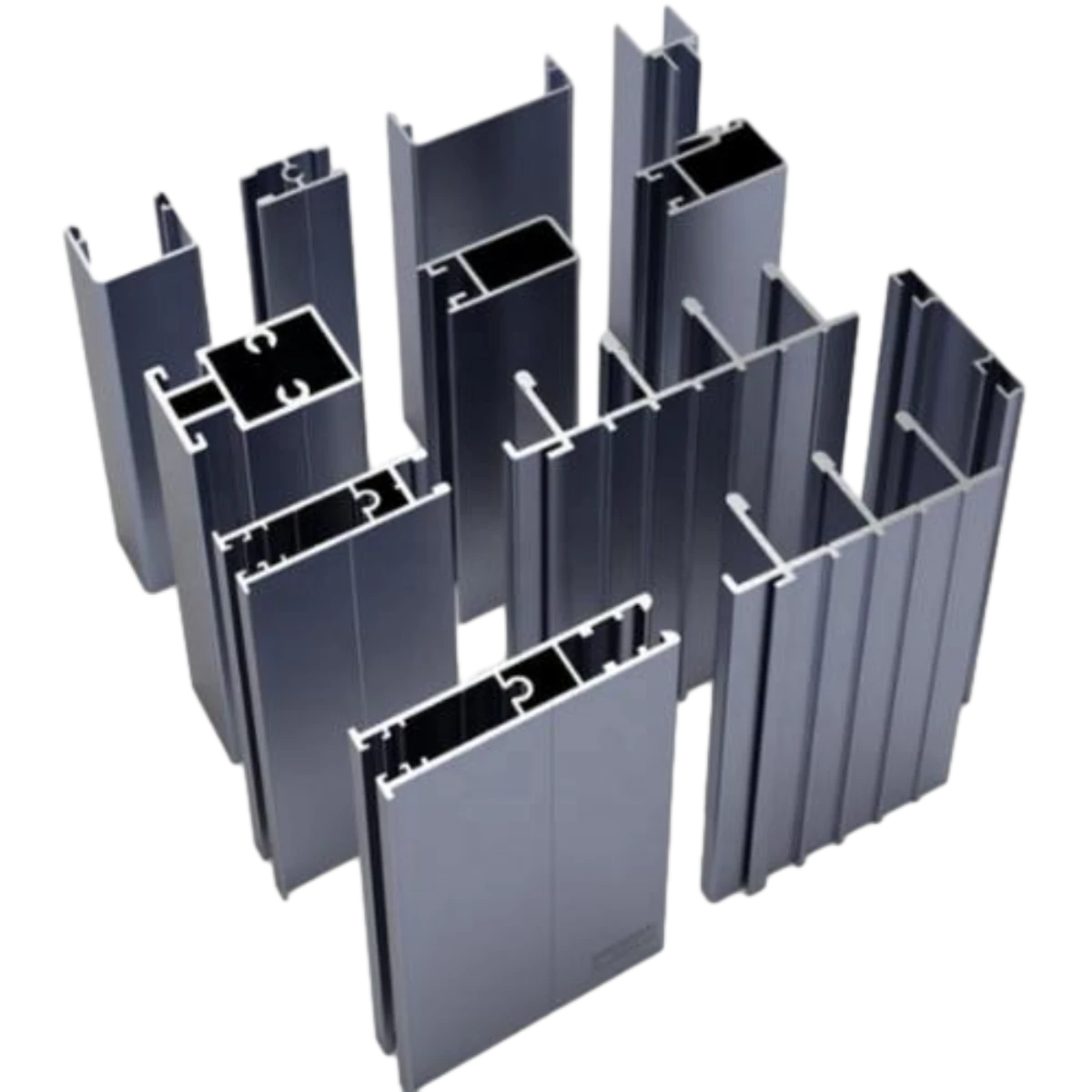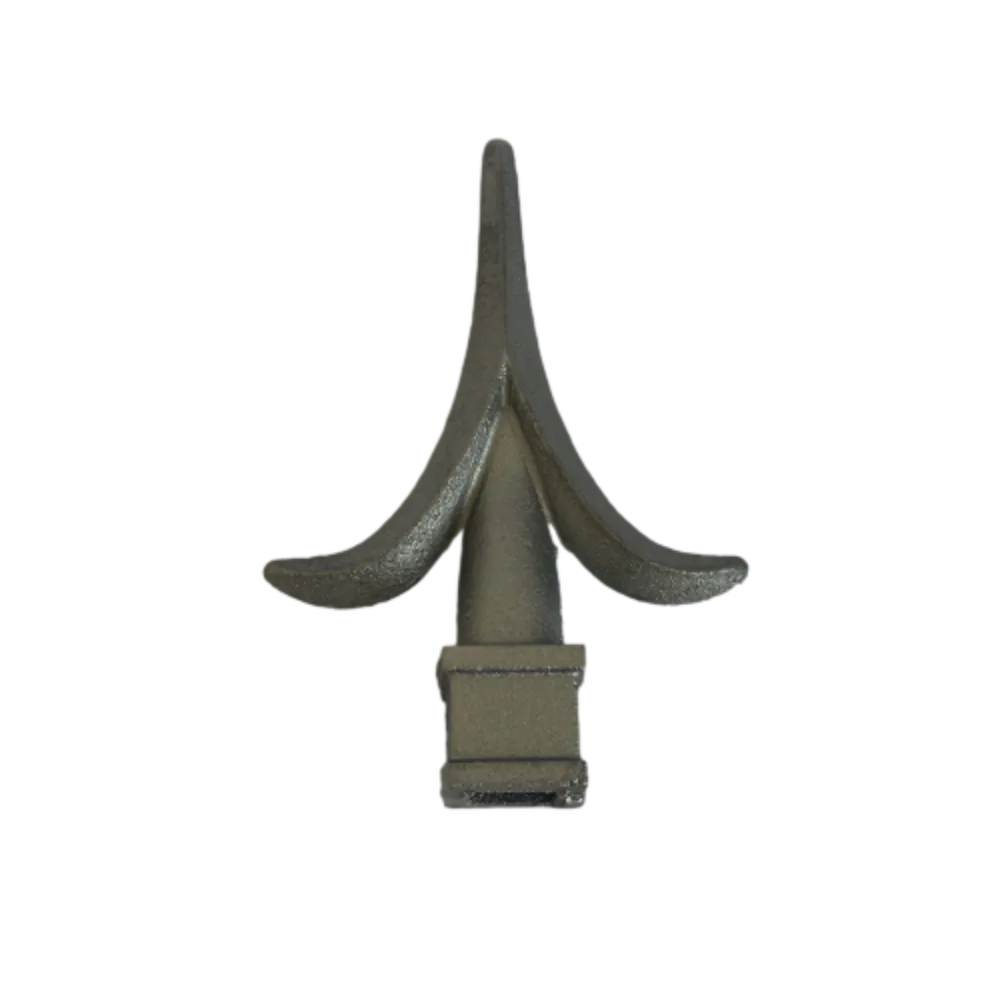Window Hardware Essentials: Rollers, Handles, and Locking Solutions
When it comes to smooth operation, security, and long-term durability, the quality of your window hardware makes a significant difference. Whether you're upgrading old fixtures or sourcing components for new construction, choosing the right windows roller, Window Handle, and window lock handle is key to functionality and safety. In this guide, we’ll explore how each part contributes to a window's performance and what to consider when buying or replacing these essential elements.
The Role of the Windows Roller
A windows roller is a small but vital component found in sliding window systems. It allows the window sash (the moving part of the window) to glide effortlessly along the track, ensuring smooth opening and closing with minimal force.
Why quality rollers matter:
Ease of use: Smooth-rolling windows reduce effort and noise.
Durability: High-quality rollers are built to resist corrosion and wear, especially in coastal or high-humidity environments.
Security: A well-aligned, properly functioning roller keeps the window securely closed when not in use.
Energy efficiency: A smooth track fit reduces gaps that could lead to drafts or leaks.
Common materials:
Nylon or Delrin: Ideal for quiet operation and corrosion resistance.
Stainless steel or brass: Excellent for load-bearing capacity and outdoor durability.
Zinc alloy: Durable and cost-effective for residential applications.
When to replace your window rollers:
The window sticks or drags
You hear grinding noises when opening or closing
The sash tilts or comes off track
There's visible rust or breakage
Replacing the windows roller can instantly restore a smooth slide and extend the lifespan of the entire window system.
Choosing the Right Window Handle
The Window Handle is the user’s point of contact with the window. Whether you’re opening it for fresh air or locking it for the night, the handle is what makes that happen. Its design affects both functionality and aesthetics.
Types of Window Handles:
Crank handles: Common on casement and awning windows; these rotate to open the window outward.
Espagnolette handles: Popular in Europe, they operate multi-point locking systems with a turning motion.
Lift handles: Found on sliding or sash windows, designed for grip and lifting.
Fold-down handles: Space-saving design that folds flat when not in use.
Materials and finishes:
Aluminum: Lightweight and corrosion-resistant.
Zinc alloy: Durable with a premium feel.
UPVC: Cost-effective and commonly used in budget-friendly windows.
Brushed nickel, chrome, black matte, or brass finishes: Let you match handles to your décor style.
If you're replacing existing hardware, make sure to match the screw hole spacing and backplate design. For new installations, prioritize ergonomics and ease of grip.
Securing Your Windows with a Window Lock Handle
Security is a top concern for any homeowner or property manager. A reliable window lock handle not only ensures peace of mind but can also help reduce energy loss by keeping the window tightly sealed.
Functions of a Window Lock Handle:
Locking mechanism: Prevents unauthorized access and enhances child safety.
Weather sealing: Ensures tight closure to block wind, rain, or outside noise.
Easy operation: Should engage and disengage with minimal force.
Types of window lock handles:
Keyed locks: Provide extra security and are ideal for ground-floor or accessible windows.
Latch-style handles: Operated by flipping a lever; common in sliding or double-hung windows.
Multi-point locks: Found in high-end or commercial windows, locking the sash at multiple points along the frame for added security.
Many modern window lock handles are designed to be tamper-resistant and meet national or regional safety standards. Always look for options tested for durability and force resistance.
Sourcing the Right Hardware for Your Windows
Whether you're managing a renovation or building from scratch, sourcing quality window hardware is key. Look for suppliers or manufacturers that offer:
Matching sets of rollers, handles, and locks for visual consistency and compatibility.
Tested materials for corrosion resistance, especially in coastal or high-rainfall areas.
Spare parts and support documentation for replacements or large-scale installations.
Customization for color-matching or logo printing in commercial projects.
Maintenance Tips for Long-Lasting Performance
To keep your window hardware in top shape:
Clean tracks and rollers regularly with mild soap and a soft brush to remove dust and debris.
Lubricate moving parts with silicone-based lubricant every 6–12 months.
Inspect handles and locks for signs of wear or looseness; tighten screws or replace as needed.
Check seals and alignments to prevent air and water leaks.
Investing in regular maintenance not only improves function but also extends the life of your windows and enhances your home’s energy efficiency.
Window Hardware FAQs
Q1: What is the best material for window rollers?
A: Nylon or Delrin for smooth indoor use, and stainless steel for heavy-duty or outdoor environments.
Q2: Can I replace just the handle or lock on my window?
A: Yes, many handles and locks are designed as universal replacements. Just match the screw holes and style.
Q3: Are window lock handles childproof?
A: Some models come with push-and-turn mechanisms or keyed locks for added safety in homes with children.
Q4: How much does it cost to replace window hardware?
A: Windows roller and handles range from $5–$25 per piece, while high-security window lock handles can cost $20–$50 depending on features.
Q5: Do I need to hire a professional to install these parts?
A: Most window hardware can be DIY-installed with basic tools, but large-scale projects or custom windows may benefit from professional help.
-
Plough Wheel Cast Iron Material Enhances Load-BearingニュースNov.10,2025
-
Cast Iron Cooking Stove Heat Retention Ensures Even Food HeatingニュースNov.10,2025
-
Rubber Strip Shock Absorption Protects Window EdgesニュースNov.10,2025
-
Aluminum Profiles High Corrosion Resistance Suits Coastal AreasニュースNov.10,2025
-
Window Handle Aluminum Material Ensures Lightweight DurabilityニュースNov.10,2025
-
Sliding Roller Plastic Housing Fits Aluminum Sliding WindowsニュースNov.10,2025
-
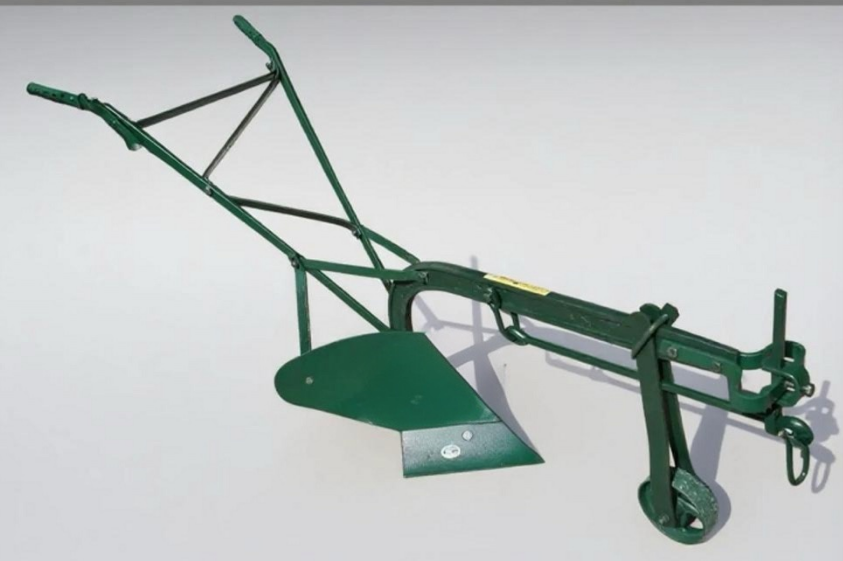 Plough Wheel Cast Iron Material Enhances Load-BearingNov-10-2025Plough Wheel Cast Iron Material Enhances Load-Bearing
Plough Wheel Cast Iron Material Enhances Load-BearingNov-10-2025Plough Wheel Cast Iron Material Enhances Load-Bearing -
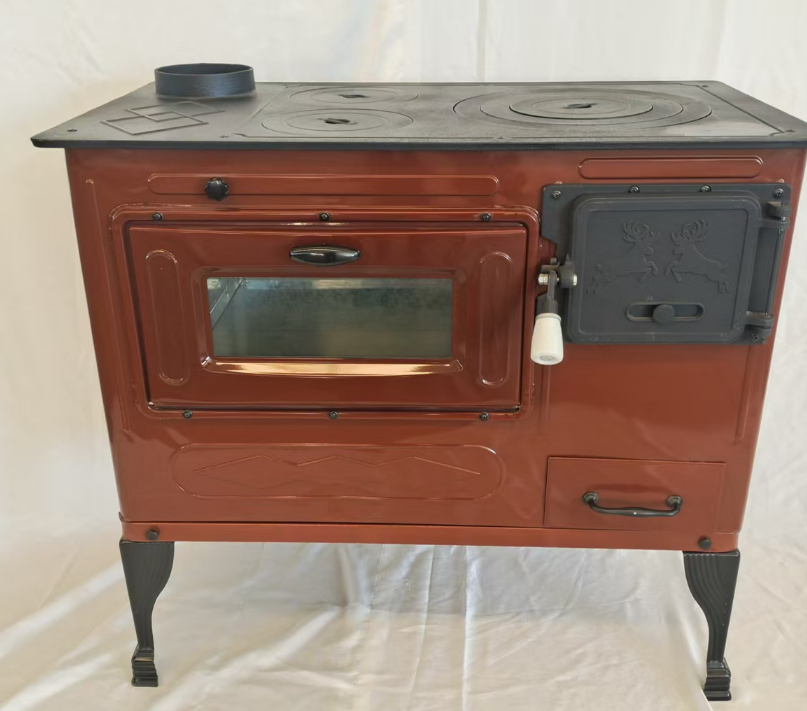 Cast Iron Cooking Stove Heat Retention Ensures Even Food HeatingNov-10-2025Cast Iron Cooking Stove Heat Retention Ensures Even Food Heating
Cast Iron Cooking Stove Heat Retention Ensures Even Food HeatingNov-10-2025Cast Iron Cooking Stove Heat Retention Ensures Even Food Heating -
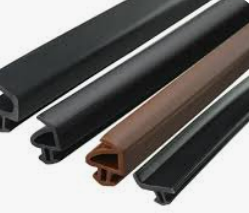 Rubber Strip Shock Absorption Protects Window EdgesNov-10-2025Rubber Strip Shock Absorption Protects Window Edges
Rubber Strip Shock Absorption Protects Window EdgesNov-10-2025Rubber Strip Shock Absorption Protects Window Edges





